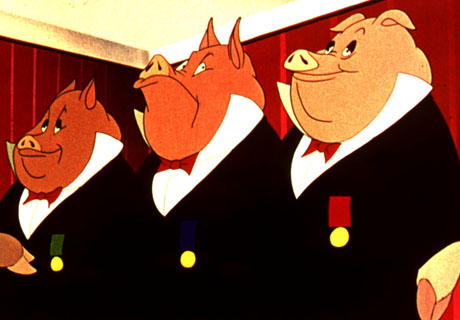At the time that Apple was looking to take Samsung to court, they (Apple) also asked for multiple preliminary bans on the sales of Samsung products. This has been Apple’s pattern in almost every suit they have brought against an opponent, ask for the ban and then use their patents to try and make that ban permanent. The trial that followed between Samsung and Apple was very interesting with some very bad decisions on the part of the Judge and also the Jury who awarded Apple damages for items that Samsung was not found guilty of infringing. This case is headed back to court after the damages have been reduced (due to errors of the jury and a couple patents that were invalidated).
Now what is interesting is that in this case the ITC (International Trade Commission) found that Apple had not paid Samsung for the rights to use their patents and that Samsung had indeed offered the technology to them under proper FRAND. In fact it was very unusual for the ITC to side with an SEP holder and when they do it is usually due to a very blatant violation or (in the case of Apple) a complete refusal to pay anything for the technology. Still Office of the President claimed that they vetoed this decision because it was allowing an SEP holder to institute a “patent hold-up”. It seems that if you create a technology that you offer up as a standard you suddenly have no rights to it and anyone can use it without paying according to the current US administration.
The decision to overturn the ITC’s ruling is an unusual one anyway as the last person to do so was Ronald Reagan in 1987. This means that this power is not used lightly (in most cases), but when it comes to the current administration and Apple things are a little different. Apple is a convicted price fixer and also has been under investigation for not paying the corporate taxes that they should. Strangely Apple was given a pass for this and found not to be in violation of the law despite some pretty good evidence that they are operating companies overseas and claiming tax exemptions because they are a US company yet they are not paying those taxes here.
As things stand right now Samsung can (and will) continue their battle in the courts. Sadly the US court system has shown an unusual bias toward companies that are not US owned and Samsung in particular. Samsung and the rest of the world saw this first hand in the Samsung V Apple trial as we noted above. This move has given Apple a free pass to use the technology of created by other companies without paying for it simply because they claim US ownership. Others might argue this and claim that the original patent was a standards essential one, but again SEP does not mean free. You still have to license it and Apple refused to do so while suing Samsung at the same time. What the administration has signaled is that the only company that can protect their IP is Apple. Apparently no one else is allowed to do so according to their ruling today. They claim that bans limit innovation yet they have never weighed in on any of the bans requested by Apple through the ITC.
This move reminds me of the line from Animal Farm; “All animals are equal, but some animals are more equal than others.” This move was not a smart one and does nothing to help the economy or prevent patent abuse (like the abuse that Apple has shown). It shows a bias toward a company that only claims US ownership, but does everything they can to keep their earnings outside the US (including borrowing money to pay employees and stock holders). Just what this move was intended to signal we are not sure, but we are betting that it has nothing to do with innovation as Apple is currently abusing someone else’s innovation and it is being allowed.
Tell us what you think in our Forum




